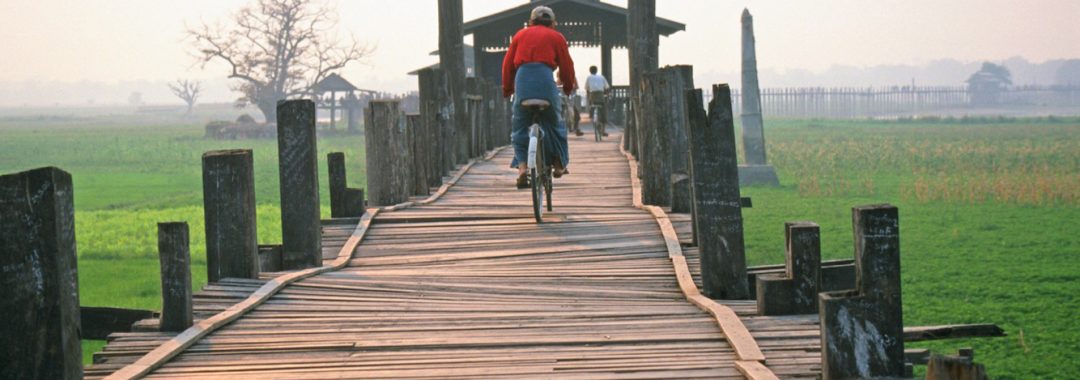Our CEO, Jody Rowe, feels it is important to share a recent personal experience.
We take so much for granted, and then something happens that jolts us out of our everyday existence and makes us realise how lucky we are.
In September I was watching the AFL when a message came through via the Sight For All messenger. Sight For All, of which I am a Board Member, is a not-for-profit organisation that raises vital funds to deliver eye health care projects free of charge to partner countries and communities.
The message was from the parent of a child suffering from a blinding condition, which affects premature babies, called Retinopathy of Prematurity. The family live in Myanmar, a country which is significant in Sight For All’s history. This condition, if treated early enough, can be managed and loss of sight can be avoided.
I couldn’t believe it, I was sitting with my feet up enjoying Friday night and then a desperate message from a parent arrived. My emotions were at an all-time high. The message went on, “please help me, please.” I have never experienced this before and it drives me even more to go to Myanmar and other countries with Sight For All to help support their efforts.
Myanmar has 60 million people. In 2010 Sight For All trained Dr Than Htun Aung as the first children’s eye doctor for the country. But just one paediatric ophthalmologist in the country was not enough.
Sight For All’s investment to train Dr Aung and equip his children’s eye clinic was around $100,000. He now treats over 20,000 children each year and has trained four of his own Fellows. The investment is now below $1 per child. It really is high impact stuff – it truly is amazing!
The distressing story of this child demonstrates the importance of early intervention and for this to occur, there needs to be doctors trained in ophthalmic subspecialty areas and the equipment available to diagnose and treat blinding conditions. This is where Sight For All is so important. In addition to teaching doctors, we supply vital equipment just as we are currently doing in Myanmar – we donated equipment to 25 regional eye centres last year, with another 14 centres being equipped in the next 12 months, to enable our colleagues to better detect glaucoma and diabetic eye disease, two of the major blinding diseases in the country.
It was a very difficult message to read and one that will haunt me for life. But that child, that parent, all of these tragic circumstances can be prevented. It’s tragic on so many levels and all one can say is, “I am so sorry”.
